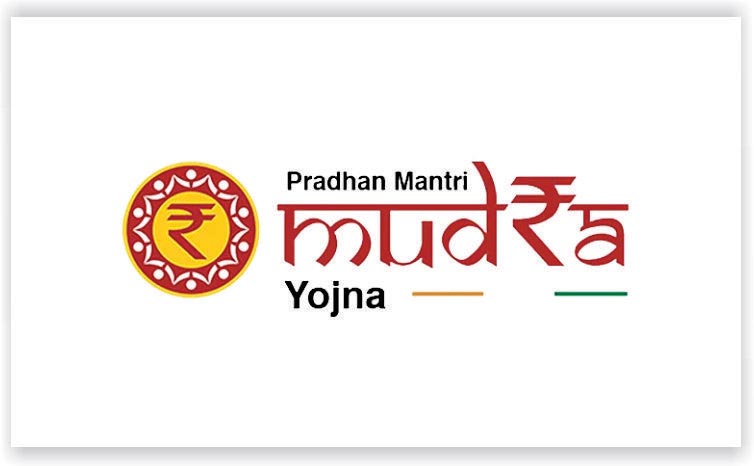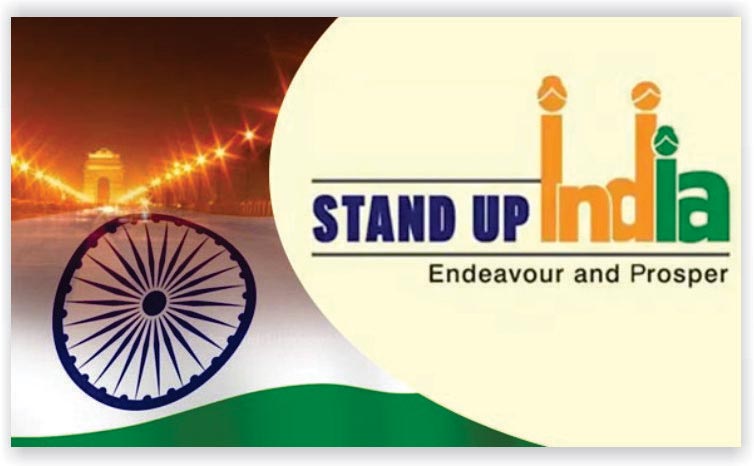It is common knowledge that all business initiatives need a certain amount of funding and financial stability at first. The most important factor in starting any business is money. The quantity of cash invested can assist the business get off to a long run with lucrative future prospects, particularly in the case of brand-new start-up businesses.
One might not always have the money on hand to launch a new business. The most practical course of action in these cases is to seek for startup loans. Startup business loans come in a wide variety and rely on the nature and goals of the company. If you need money to start your own business or grow an existing one, you can apply for a Startup business loan from a bank or other financial institution.
In the following article, we will understand the different types of loans and how you can avail them.
Small Business Loans for Startups
1. Startup loans by the Indian Government

Currently, India has more than 80,000 startups, all of which can access a wide range of debt and private equity financing sources. However, when a firm is only an idea or in its early stages, it can be difficult to secure finance. The government has implemented beginning company lending programmes since SMEs and MSMEs have little access to formal credit.
2. Bank Credit Facilitation Scheme

This programme, overseen by the National Small Industries Corporation (NSIC), aims to fulfil the credit requirements of MSME units. The repayment period of the scheme is between 5 and 7 years, however it may be increased to 11 years under certain circumstances.
3. Pradhan Mantri Mudra Yojana (PMMY)

Both new and current MSMEs that are engaged in service or production operations may apply for this loan, but SHGs, farms, retail businesses, and other such entities are not eligible. It’s overseen by The Credit Guarantee Fund Trust for Micro and Small Enterprises (CGTMSE) and allows borrowing of up to Rs. 2 Cr.
4. Credit Guarantee Scheme (CGS)

This loan can be availed by both new and existing MSMEs that are involved in service or manufacturing activities but excludes educational institutions, agriculture, retail trade, Self Help Groups (SHGs), etc. Up to Rs.2 crore can be borrowed under this scheme headed by the Credit Guarantee Fund Trust for Micro and Small Enterprises (CGTMSE).
6. Standup India

This scheme, launched and led by SIDBI, provides loans to businesses involved in production, trade, or providing services. Amounts of credit available under this programme range from ₹. 10 lakh to ₹ 1 crore. Loans obtained through this programme may be repaid in seven years, with a maximum moratorium period of 18 months.
7. Sustainable Finance Scheme

This scheme, is also run by the SIDBI, intends to provide loans to businesses that deal with non-renewable, green, and renewable energy sources as well as technical gear. The government launched this programme to provide assistance to projects that are a part of the entire value chain for cleaner production, energy efficiency, and sustainable development.
8. Line of Credit

A line of credit for a startup business financing functions similarly to a credit card. Instead of being based on the person’s personal credit, the card is linked to their business. One of the best features of a startup credit line is that consumers won’t have to pay interest on the borrowed amount for the initial nine to 15 months, making it simpler for them to meet costs and get their business off to a strong start.
9. Equipment Financing

In this sort of startup loan, the startup company’s equipment is put as collateral, allowing the creditor to charge a comparatively low interest rate with a little larger risk. As income from their business replaces the money used to buy the equipment, the client is required to pay it back. Similar to those applying for a line of credit, applicants for equipment financing are expected to have excellent credit (680+), and they must provide a vendor estimate, a thorough credit history, and a statement outlining how the customer plans to use the equipment.
Now that you have gone through the types of loans, lets go through a few of the basic eligibility criteria you need to have to avail them.
- Photographs: 2 copies (passport-size)
- Proof of Identity: PAN Card, Passport, Aadhaar Card, Voter’s ID, Driving License
- Address Proof: Passport, Driving License, Aadhaar Card, Postpaid Phone Bill, Voter’s ID
- Age Proof: Passport, PAN Card
- Bank Statements Last six months
- Proof of Income: Income Tax Returns, Salary Slips,
- Signature Proof: Bank verified signature, PAN Card, Passport
- IFSC Code Proof: Cancelled/scanned cheque, copy of passbook’s front page of the same bank account
Also be sure to…
- Go to the lender’s official website to fill out an online loan application and submit the necessary paperwork.
- Drop off your loan application and supporting documentation at the branch of the lender.
- You can also phone the lender’s customer service line and ask for help with the startup loan application.
Conclusion
Having said that, I hope we’ve cleared up any confusion about how to apply for a business loan for your startup. While the majority of the loans on the list are associated with the government, NBFCs can also be quite beneficial. Crowdfunding, venture capital, and angel investment are all very versatile financial tools for obtaining a startup loan or investment. For small enterprises and startups without assets for collateralization, the fact that these business loans are unsecured makes the transaction even more inviting.
Read More
- Top 10 Successful Women Entrepreneurs In India
- An Ultimate Guide to Characteristics Of An Entrepreneur
- 10 Best Entrepreneur Movies You Should Watch

Business Talk is a digital business magazine that caters to CEOs, Entrepreneurs, VC, and Corporates. While working with entrepreneurs and business executives, we focus not only on their achievements. Our mission is to shed light on business entities, including their innovations, technological benchmarks, USPs, and milestones/accolades.













